October is Domestic Violence Awareness Month. The Media Center recommends these curricula, books, and online resources for pastors, church leaders, and small groups to help prevent violence against women and be able to respond appropriately when abuse occurs. Resources are also available for use with youth and children.
Online Resources
The Interfaith Coalition Against Domestic and Sexual Violence offers free recorded webinars and additional interfaith materials.
FaithTrust Institute offers a wealth of resources for Domestic Violence Awareness Month, as well as training for church leaders. It includes:
- Sermons, liturgy, and worship resources
- Bulletin inserts
- Educational and awareness materials
- Toolkits with social media graphics
- Free recorded webinars
- Ways to take action
UMC Resources
The General Commission of United Methodist Men, the Commission on the Status and Role of Women, and the General Board of Church and Society of The United Methodist Church have published resources for use in United Methodist churches.
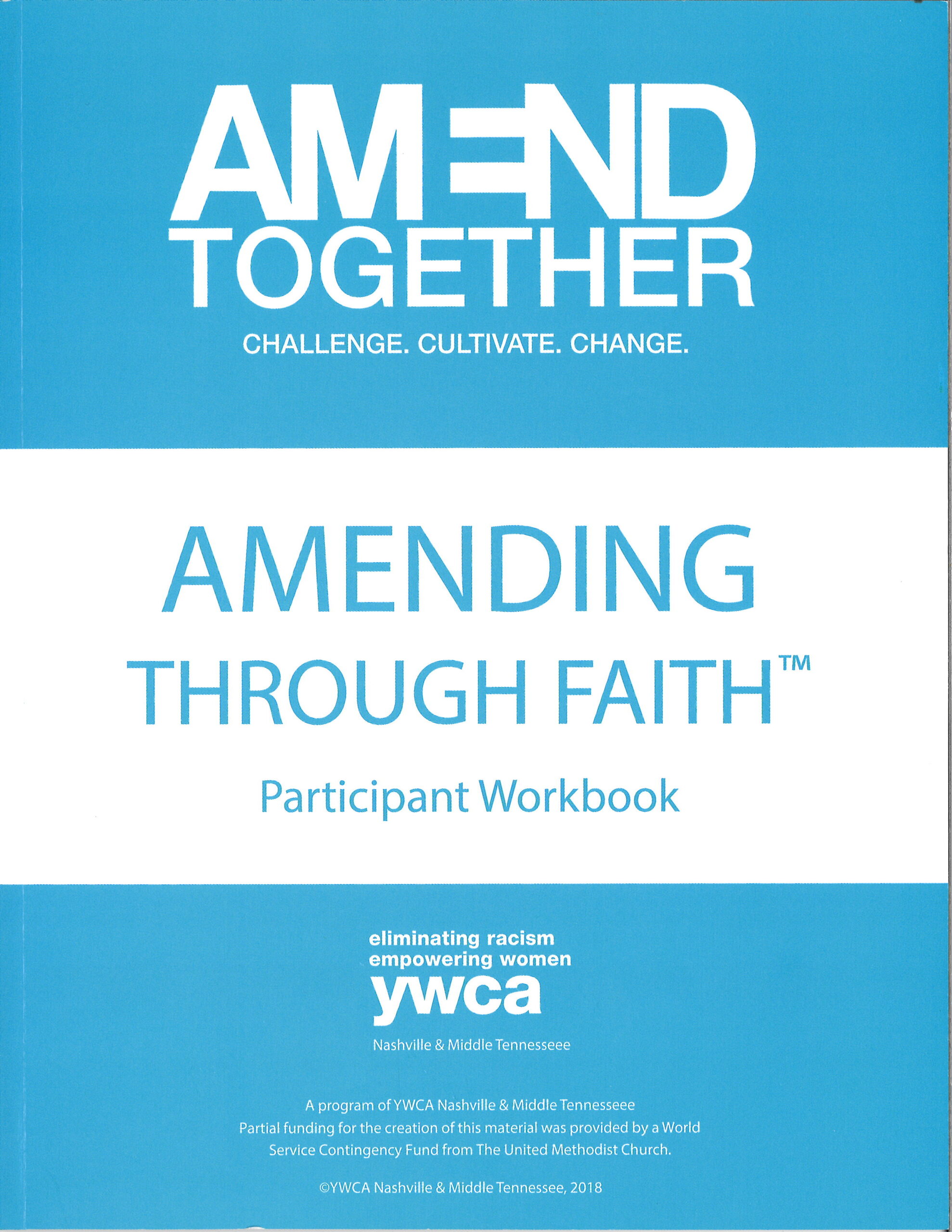
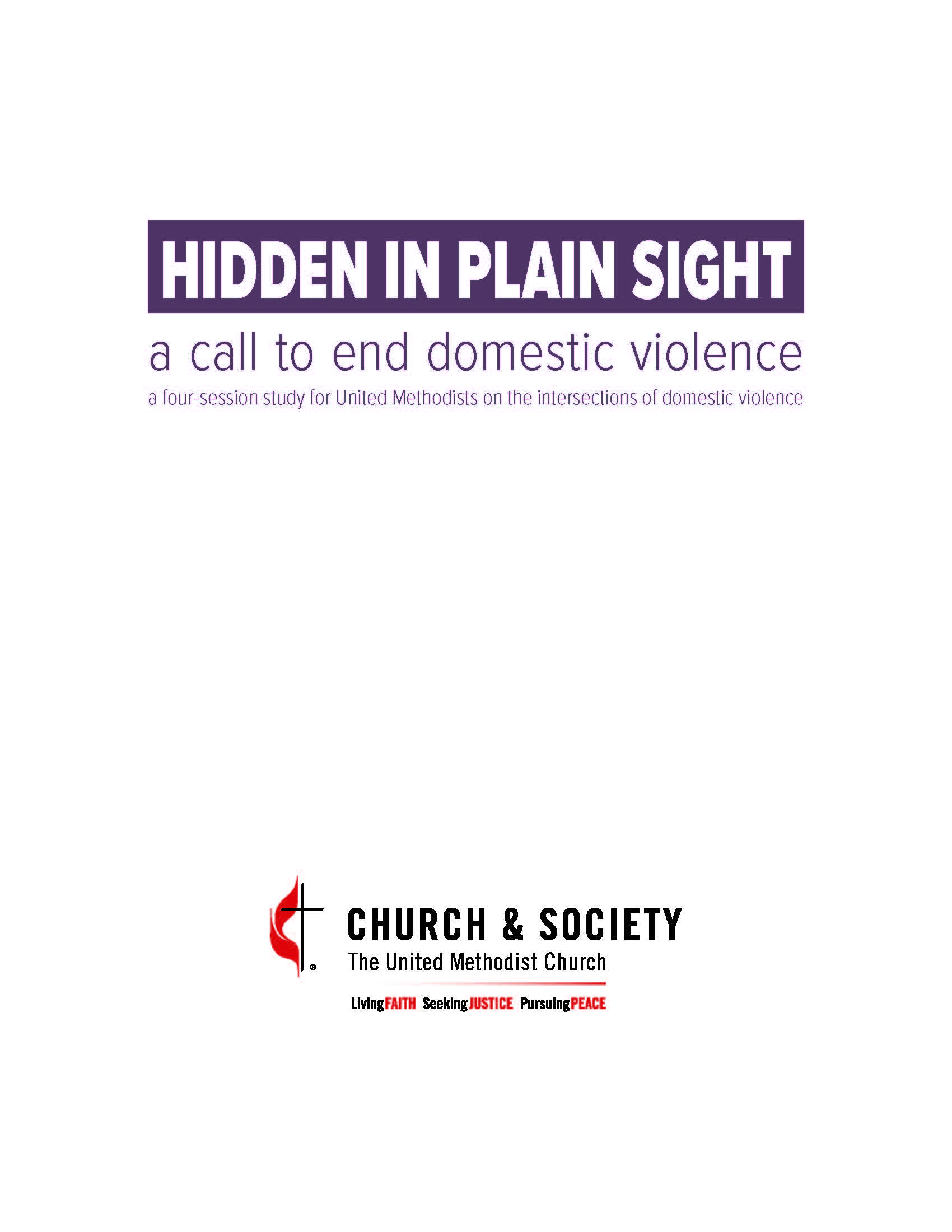
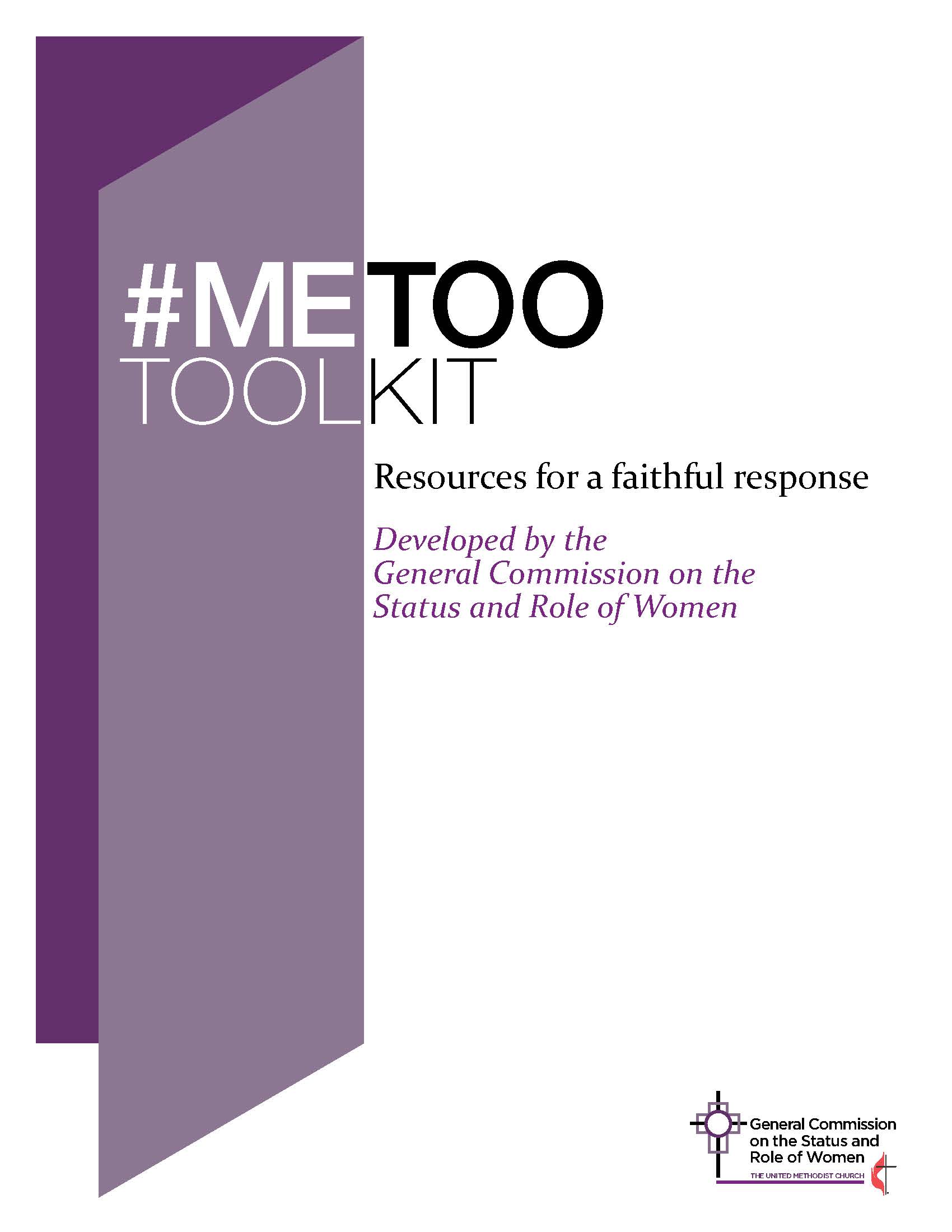
Amending Through Faith. The General Commission on United Methodist Men partnered with AMEND Together to create an eight-week group series in which men will learn to recognize, respond to, and prevent violence against women. AMEND Together is an innovative, primary prevention initiative dedicated to ending violence against women and girls by engaging and educating men. “Good men” must play a critical role in creating a community where all women and girls are valued and safe. Extensive work by experts in gender violence prevention reveals that this is accomplished through education and mobilization. Only with the support and involvement of men and boys can the cycle of gender violence eventually stop. The leader guide for this study is on a USB flash drive. The flash drive and participant workbook can be borrowed from the Media Center.
Hidden in Plain Sight: A Call to End Domestic Violence. This study from the General Board of Church & Society helps congregations reflect on what the Bible and The United Methodist Church have to say about domestic violence. Globally, one in three women experiences sexual or gender-based violence. Many factors increase women’s vulnerability to violence including motherhood, migration, and the accessibility of guns. Use this study to reflect theologically on the physical, emotional, and sexual abuse that many women and girls experience. Encourage people within your faith community to work to build healthy relationships and advocate for policies that end the threats of violence. This study can be downloaded for free as a PDF.
#METOO Toolkit: Resources for a Faithful Response. This toolkit was developed by the General Commission on the Status and Role of Women (GCSRW) which joins others around the world in addressing the prevalence and problem of sexual misconduct throughout our church and society. The #MeToo movement, founded by Tarana Burke, an African-American activist, has seemed like the Spirit of Truth moving through our world, uncovering that which has been hidden in plain sight for decades. The toolkit offers resources of printed materials, links to important websites, as well as suggestions for participatory conversations designed to encourage dialogue to help people identify, understand, and respond to the reality of sexual misconduct. All of which are intended to help guide people to a deeper understanding of the problem of sexual misconduct and resources/beliefs of The United Methodist Church in response to this problem. This resource can be downloaded for free as a PDF.
Adult Resources You Can Borrow

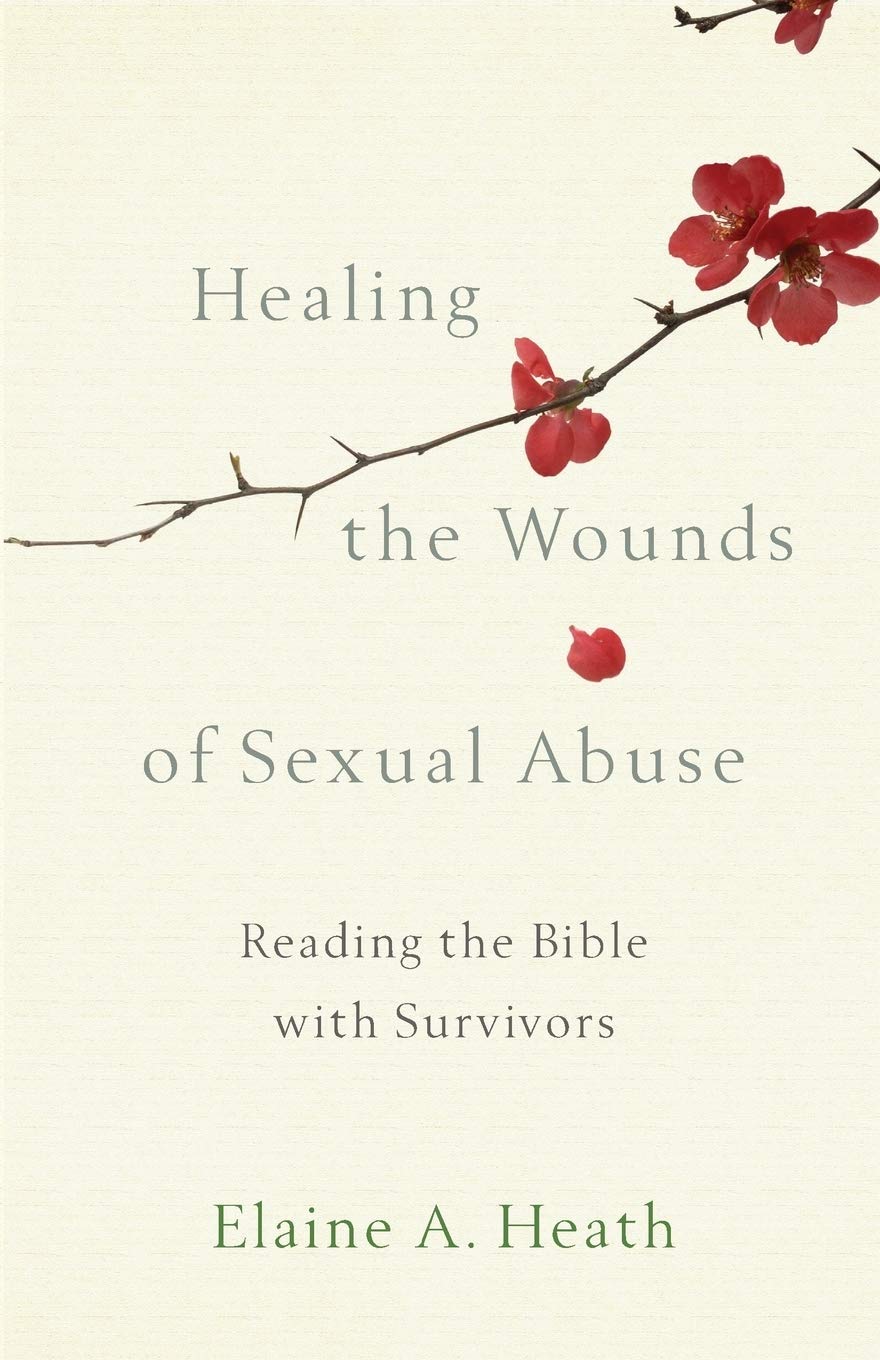
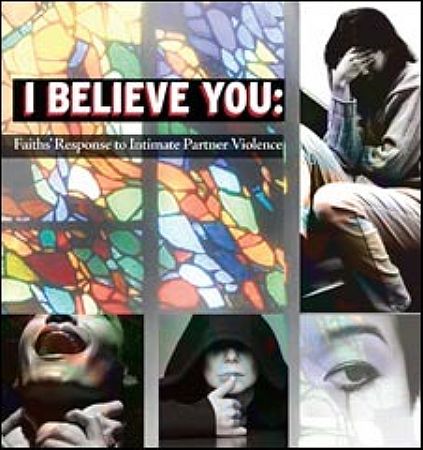
Domestic Violence: What Churches Can Do. This one-hour program for use in Christian education offers basic information on domestic violence, as well as concrete ideas about how congregations can become involved in prevention and can offer a safe space for battered women. Utilizing a 20-minute video, the program provides worship materials, background information, discussion questions, and practical steps congregations can take to become involved in preventing domestic violence. Includes a 24-page study guide and a package of awareness brochures.
Healing the Wounds of Sexual Abuse: Reading the Bible with Survivors by Elaine A. Heath. This accessibly written book illuminates the good news of healing and liberation the Bible offers survivors of sexual abuse. As an expert in pastoral ministry and a survivor of abuse herself, Elaine Heath handles this sensitive topic with compassion and grace. The book is illustrated with stories and insights from survivors, and each chapter ends with reflection questions and recommended activities.
I Believe You: Faith’s Response to Intimate Partner Violence. This extraordinary interfaith documentary explores the stories of survivors of abuse and the response of faith groups to address their needs. The program is filled with the hard-won wisdom of survivors and the insight and understanding of clergy and program leaders. Produced with the support of The New York Board of Rabbis, United Methodist Women, Presbyterian Women, the Evangelical Lutheran Church in America, and a consortium of Muslim organizations, this one-hour program, featuring the music of Janis Ian, is part of the Interfaith Broadcasting Commissions Visions and Values Series.
Books on Clergy Sexual Ethics
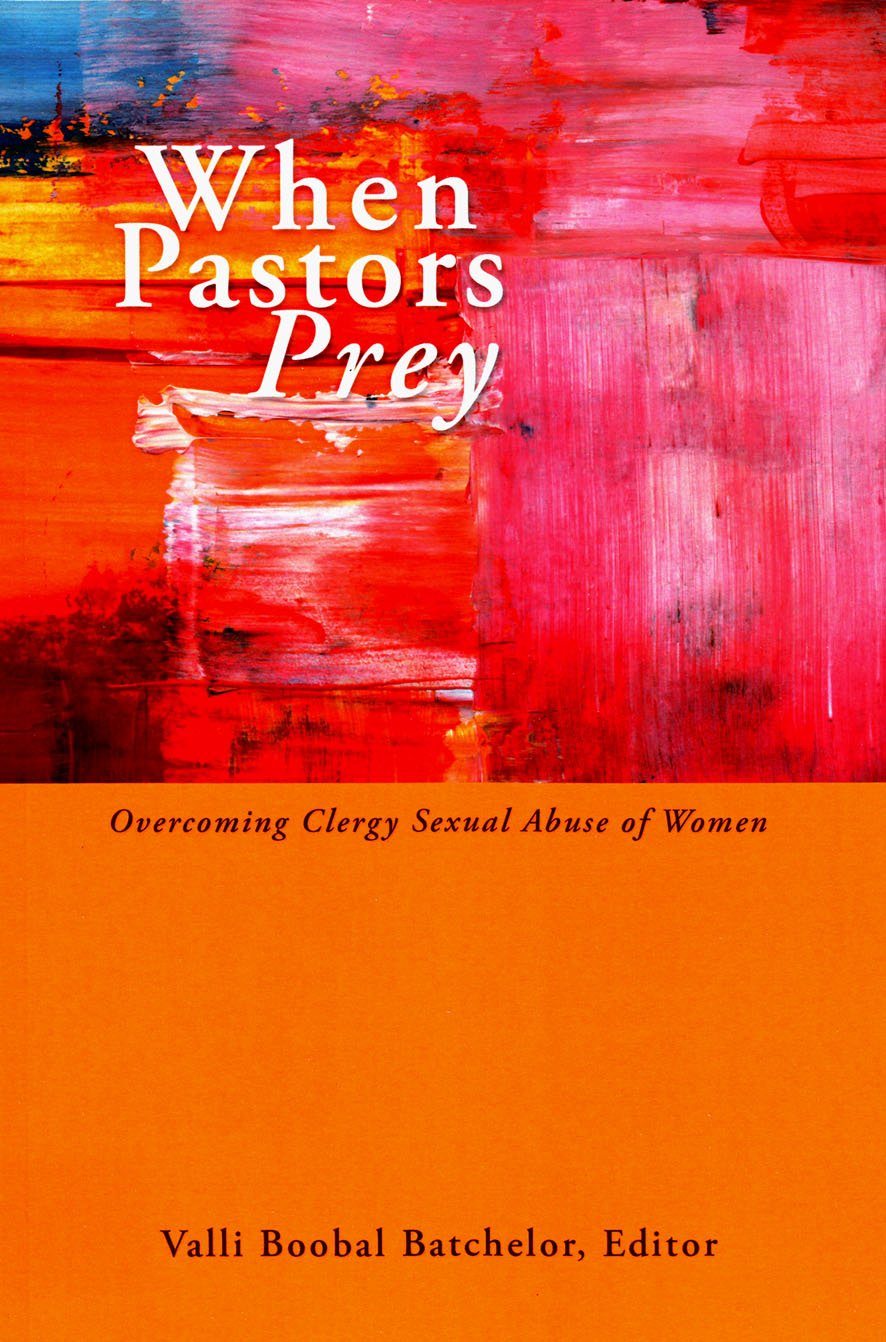
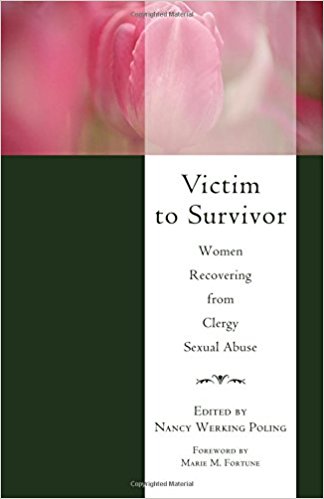
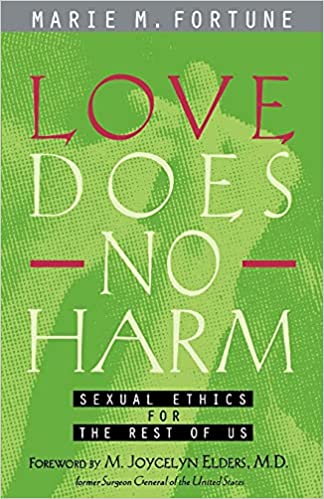
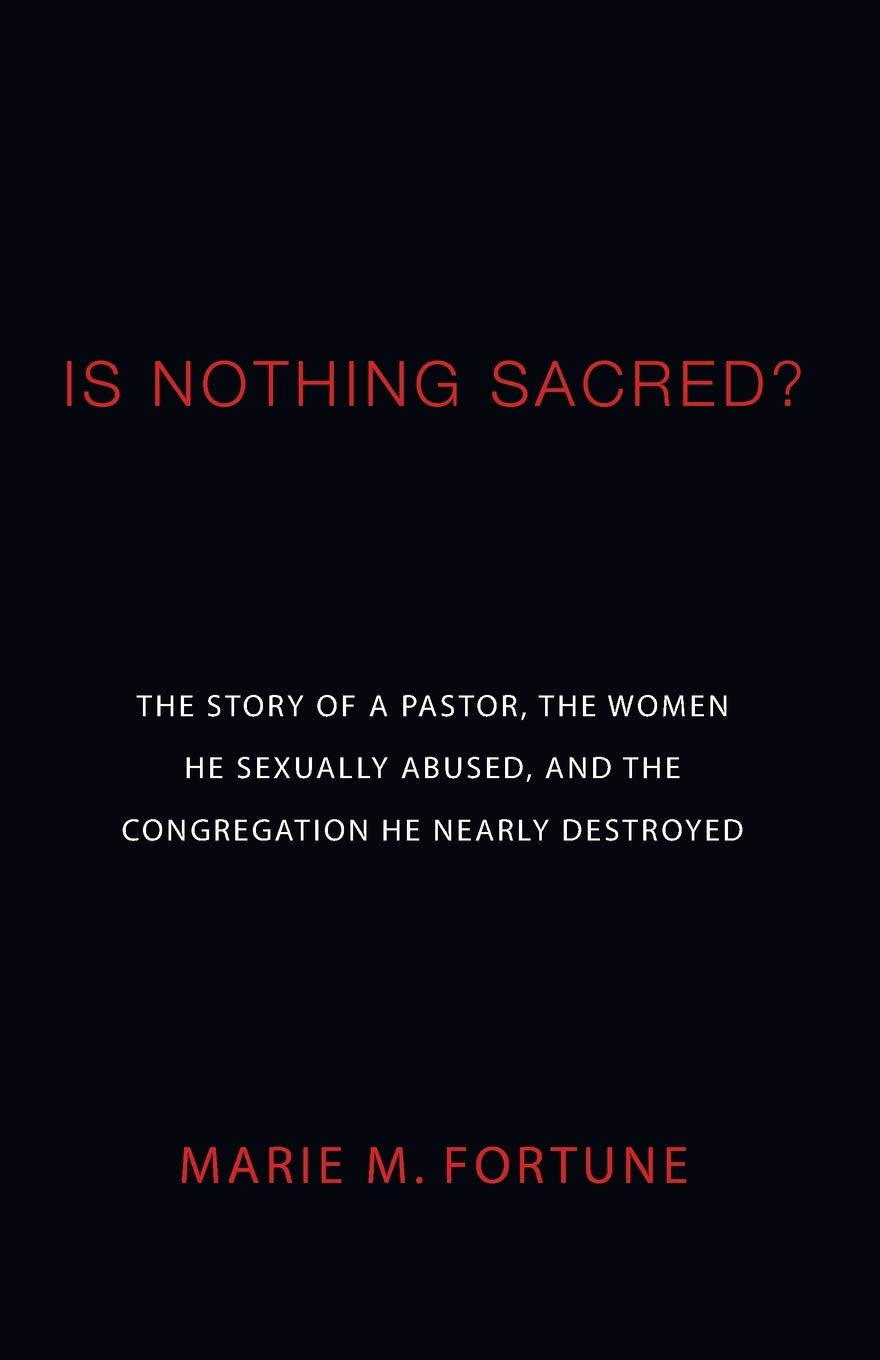
When Pastors Prey: Overcoming Clergy Sexual Abuse of Women edited by Valli Boobal Batchelor. This book not only brings forward the stories of many women whose trust has been abused by their pastors. It also offers a helpful framework in which to understand and address the problem.
Victim to Survivor: Women Recovering from Clergy Sexual Abuse edited by Nancy Werking Poling. One of the church’s most shameful secrets is pastors who sexually abuse their congregants. In Victim to Survivor, Nancy Werking Poling offers the harrowing and poignant stories of six women who were sexually abused by their pastors and tell in their own voices what they did about it. In their pain, these victims, survivors, and thrivers dare to call upon the church to be a safe refuge for all people, women and men alike. And in their personal journeys of healing, they demonstrate a tenacious faith, grounded in gospel truth–compelling church leaders to acknowledge this hurtful hypocrisy, advocate for healthy pastoral relationships, and finally call pastors to accountability.
Love Does No Harm: Sexual Ethics for the Rest of Us by Marie M. Fortune. This work is aimed at those caught somewhere in the middle between those for whom only heterosexual and monogamous marriage, or “anything goes,” are paradigms of suitable behavior and intimate relationships. Ethicist and Christian Marie Fortune explores what it means to be in an intimate relationship today, surrounded as we are by domestic violence and continued silencing of women’s voices. Fortune is also the author of Is Nothing Sacred? The Story of a Pastor, the Women He Sexually Abused, and the Congregation He Nearly Destroyed.
For Youth & Children
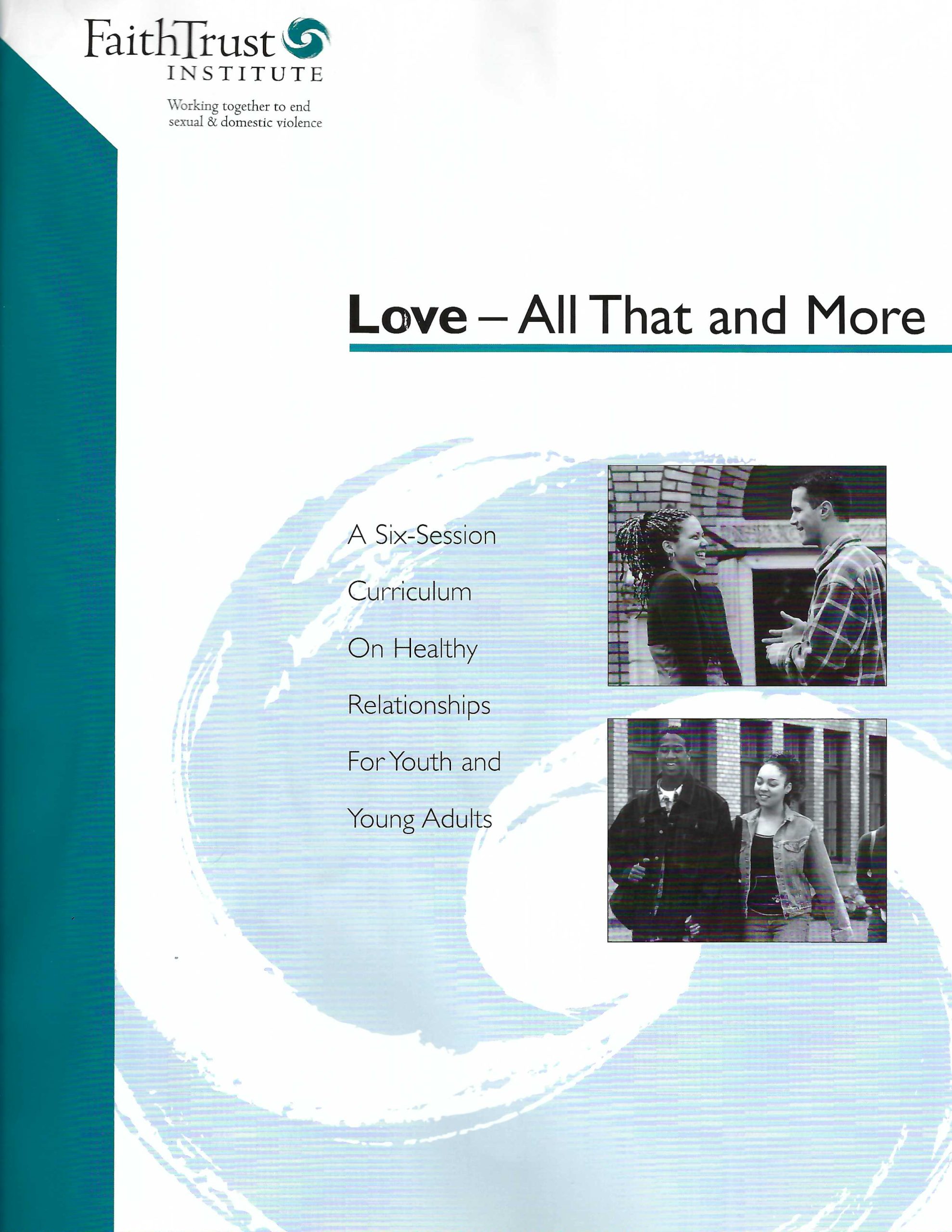
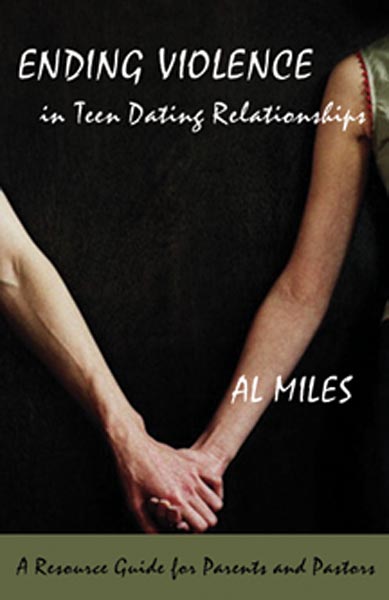
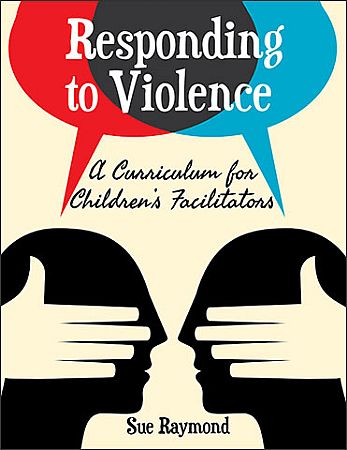
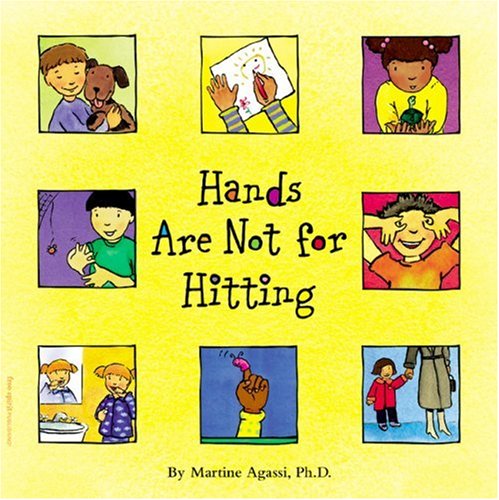
Love – All That and More. This program promotes safe, healthy relationships and supports teens in taking action to overcome violence and abuse. The six-session curriculum (50 minutes each) contains lesson plans with background materials on healthy and abusive relationships, discussion questions, interactive follow-up activities, and suggestions for the facilitator.
Ending Violence in Teen Dating Relationships: A Resource Guide for Parents and Pastors by Al Miles. Miles, a nationally recognized expert in the field of domestic violence and teen relationship violence, explores the complex issue of teen dating violence. Through interviews and other research, he provides critical information that parents, caregivers, clergy, and educators can use to protect teens and help them foster healthy dating relationships. Miles offers thoughtful advice and answers to such questions as: What constitutes violence in teen dating relationships? Why is the problem so pervasive? What are the warning signs that parents and other caring adults can watch for that may indicate a teen is being either abused or abusive? And what can the church do to help?
Responding to Violence: A Curriculum for Children’s Facilitators by Sue Raymond. This children’s curriculum will help prepare children for the violence that they will, unfortunately, encounter over the course of their lives. Together, facilitators and children will explore how to respond to violence through the lenses of scripture, role-play, and discussion. Throughout the sessions, children will examine violence within their families, including sibling rivalry; among friends; in their communities; and even within themselves. Each session is grounded in scripture and introduces concepts and skills to help children learn how to respond to the violence that they will, or have already, faced in their lives. Activities like games and role-play as well as crafts help underline what they are learning. Adaptations for distance learning are also provided throughout.
Hands are Not for Hitting by Martine Agassi, Ph.D. “Hands are not for hitting. Hands are for saying hello . . .” And for playing, creating, helping, working, learning, encouraging, taking care of oneself, and so many more good things. This Free Spirit child behavior classic presents charming illustrations along with an encouraging message. Psychologist Martine Agassi helps young children understand that violence is never okay, that they can manage their anger and other strong feelings, and that they’re capable of positive, loving actions. Especially at an age when children are interacting more with others and starting school, they need to know that hitting is unacceptable. Made to be read aloud, Hands Are Not for Hitting also includes a special section for adults, with ideas for things to talk about and activities to do together.
Request These Resources
These resources can be borrowed for free by anyone involved with a United Methodist Church in the North Carolina Conference. We will mail them to your home! All you need to do is fill out the Resource Request Form.

